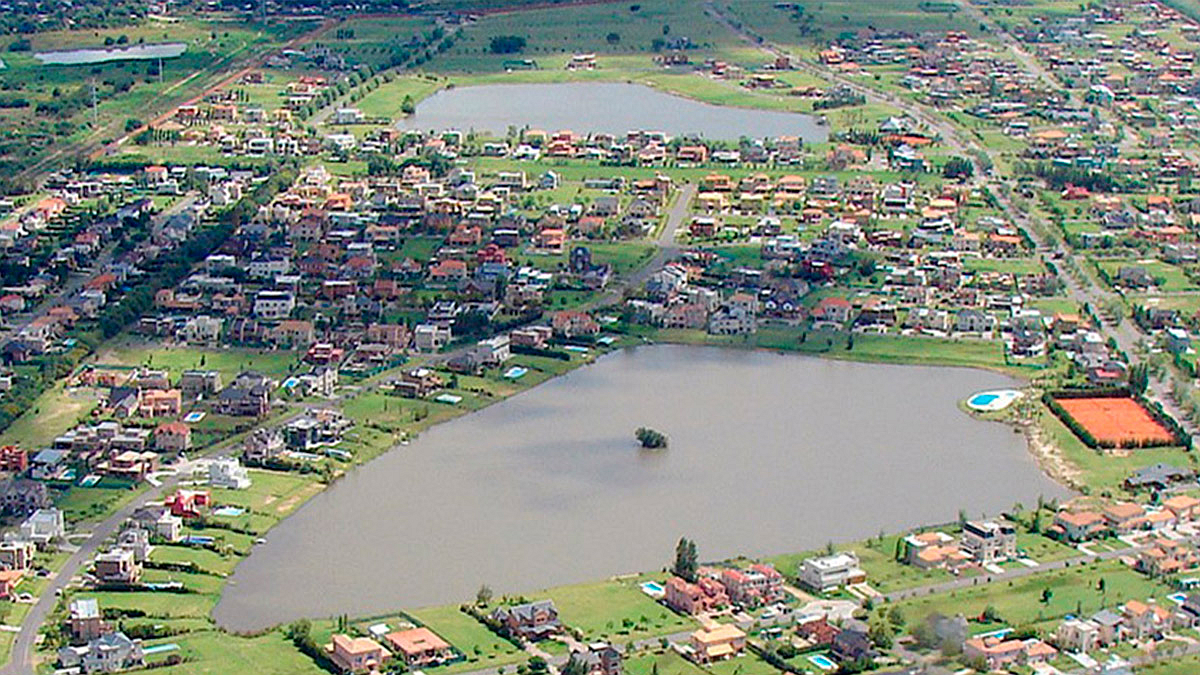BuySellBA
Administrator
Delinquency in the payment of expenses is already higher in gated communities than in apartment buildings - Ambito Financiero

Source:

 www.ambito.com
www.ambito.com
August 28, 2025
The delinquency rate for expenses is at 17%, according to a survey that analyzed 200,000 units.

Gated communities show higher delinquency rates than buildings.
Delinquency rates for utility bills average 17%, with brief fluctuations in recent months. Currently, they are higher in gated communities than in apartment buildings .
In turn, this number is lower than the historical average of people with debt on utility bills , which is around 20%, despite exceptional peaks during the pandemic (39%) and the 2001 crisis (45%). The data comes from a survey by Octavo Piso, a platform for the online management of condominiums in buildings and gated communities, which analyzed 200,000 units belonging to buildings and gated communities across the country.
According to the data collected, there have been no significant changes in the delinquency rate of consortia over the last year, as the number of units with debt, as a percentage of the total, remains at around 17%.
The timeline shows that in the second half of 2024, stable numbers fluctuating between 15% and 17% were observed. For example, the number of defaulters was 16% in June, 15% in July and August, and returned to 16% in September of that year. That percentage remained stable in October and November and jumped, possibly due to seasonal issues, to 18% in December.
Looking ahead to 2025, the number returned to 16% in January, February, and March, rising to 17% in the following two months, while returning to 16% in June.
Regarding average utility bills, Octavo Piso data shows that in the province of Buenos Aires they were $213,379, while in the Federal Capital they reached $236,657.27, leaving a gap of 10.91% between the two districts.
Delinquency rates are below Argentina's historical average of around 20%. There were historic peaks, such as in April 2020, in the midst of the COVID-19 lockdown, when 39.74% of late payments were recorded. In 2001, at the height of the crisis following the fall of the Alliance government, the rate exceeded 45%.
www.buysellba.com

Source:

La morosidad en el pago de expensas ya es más alta en barrios cerrados que en edificios de departamentos
La morosidad de las expensas se encuentra en 17%, según un relevamiento que analizó 200.000 unidades.
August 28, 2025
The delinquency rate for expenses is at 17%, according to a survey that analyzed 200,000 units.

Gated communities show higher delinquency rates than buildings.
Delinquency rates for utility bills average 17%, with brief fluctuations in recent months. Currently, they are higher in gated communities than in apartment buildings .
In turn, this number is lower than the historical average of people with debt on utility bills , which is around 20%, despite exceptional peaks during the pandemic (39%) and the 2001 crisis (45%). The data comes from a survey by Octavo Piso, a platform for the online management of condominiums in buildings and gated communities, which analyzed 200,000 units belonging to buildings and gated communities across the country.
According to the data collected, there have been no significant changes in the delinquency rate of consortia over the last year, as the number of units with debt, as a percentage of the total, remains at around 17%.
The timeline shows that in the second half of 2024, stable numbers fluctuating between 15% and 17% were observed. For example, the number of defaulters was 16% in June, 15% in July and August, and returned to 16% in September of that year. That percentage remained stable in October and November and jumped, possibly due to seasonal issues, to 18% in December.
Looking ahead to 2025, the number returned to 16% in January, February, and March, rising to 17% in the following two months, while returning to 16% in June.
Greater delay in gated communities
The delay in paying expenses is higher in gated communities than in buildings. While in apartments it remained between 15% and 16%, in country houses and gated communities it ranged between 17% and 18%, with a significant peak of 26% in December of last year.Regarding average utility bills, Octavo Piso data shows that in the province of Buenos Aires they were $213,379, while in the Federal Capital they reached $236,657.27, leaving a gap of 10.91% between the two districts.
Delinquency rates are below Argentina's historical average of around 20%. There were historic peaks, such as in April 2020, in the midst of the COVID-19 lockdown, when 39.74% of late payments were recorded. In 2001, at the height of the crisis following the fall of the Alliance government, the rate exceeded 45%.
www.buysellba.com

